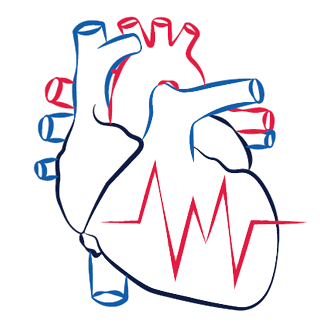Heart disease, diabetes and obesity: these are the world’s biggest health challenges. That’s why we’re laser-focused on them. It’s where we have the greatest expertise and can deliver the most impact.
We know heart disease, diabetes and obesity are strongly linked and it’s critical that we harness our expertise and resources, and that of our national and global partners, to transform healthcare.
To do this, we’re focused on four strategic areas:
-
Heart Attack
We want to find out who is at risk of developing blocked arteries which will allow us to predict heart attack and stroke, and develop new treatments.
More info -
Heart Failure
By leveraging strengths in molecular biology using cutting-edge technologies, bioinformatics, heart imaging and clinical insights, we want to understand the pathways that underpin heart failure.
More info -
Obesity and Cardiometabolic Disease
By bringing together clinical, public health and bench-top researchers with expertise in molecular profiling, animal models, clinical trials and implementation studies, we aim to tackle the significant health challenges driven by the obesity epidemic.
More info





